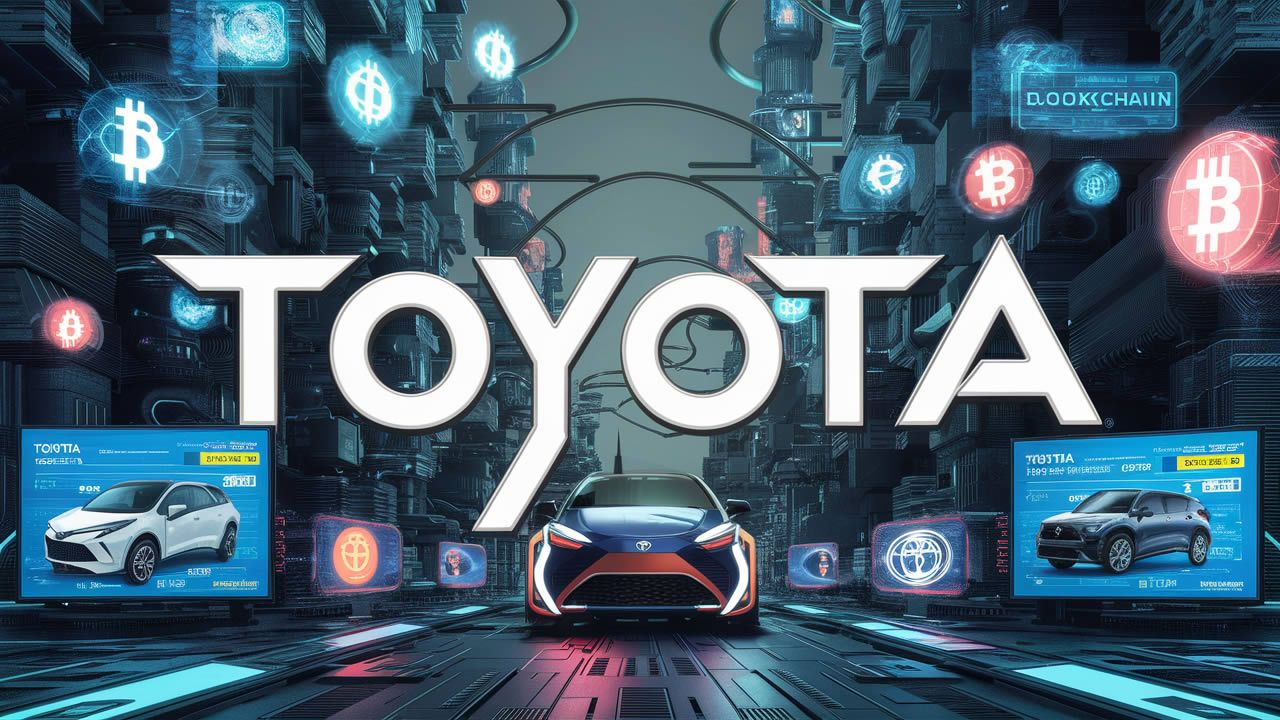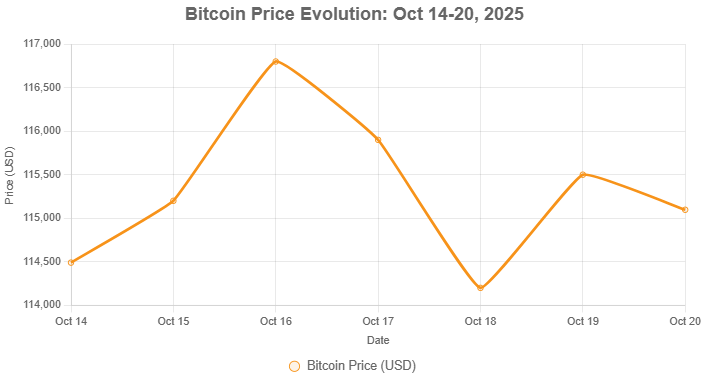Toyota Explores Ethereum’s ERC-4337 To Unlock On-Chain Automotive Operations
- Toyota is exploring the integration of Ethereum’s ERC-4337 standard into its automotive operations.
- ERC-4337 is a proposed standard for the Ethereum blockchain that aims to simplify the user experience and increase the flexibility of smart contracts.
- Toyota’s vision for on-chain automotive operations is part of its broader Mobility 3.0 strategy.
- The use of ERC-4337 offers several benefits, including enhanced security, improved programmability, and increased efficiency.
- There are challenges that need to be addressed, such as scalability, user-friendly interfaces, and industry standards and regulations.
- Toyota’s exploration of ERC-4337 is a significant step towards the realization of a more connected and efficient mobility ecosystem.
Toyota Motor Corporation has announced its plans to explore the integration of Ethereum’s ERC-4337 standard into its automotive operations. This initiative is part of Toyota’s broader vision to leverage blockchain technology to enhance the efficiency, security, and functionality of its vehicles.
What is ERC-4337?
ERC-4337, also known as “Account Abstraction”, is a proposed standard for the Ethereum blockchain that aims to simplify the user experience and increase the flexibility of smart contracts. It introduces a new way of handling user accounts, separating the authentication process from the management of private keys. This allows for more complex and dynamic interactions between users and smart contracts, making it easier to develop decentralized applications (dApps) that can interact with the Ethereum network.
Toyota’s Vision for On-Chain Automotive Operations
Toyota’s Blockchain Lab has been working on various initiatives to explore the potential of blockchain technology in the automotive industry. The integration of ERC-4337 is a significant step towards realizing Toyota’s vision of creating a more connected and efficient mobility ecosystem.
According to a recent tweet by @CryptoMiners_Co, Toyota is harnessing Ethereum’s blockchain to create digital accounts for cars, enabling secure, programmable, and potentially autonomous vehicles. This is part of Toyota’s Mobility 3.0 vision, which aims to connect cars to public infrastructure and services seamlessly.
Revving up innovation!
— Crypto Miners (@CryptoMiners_Co) July 24, 2024
Toyota is harnessing Ethereum's blockchain to create digital accounts for cars, enabling secure, programmable, and potentially autonomous vehicles.
Part of Toyota's Mobility 3.0 vision, connecting cars to public infrastructure and services seamlessly!
The Benefits of On-Chain Automotive Operations
The use of ERC-4337 in automotive operations offers several benefits, including:
- Enhanced Security: By separating the authentication process from the management of private keys, ERC-4337 can help prevent the loss of private keys and accounts, ensuring the security of vehicle-related transactions.
- Improved Programmability: The integration of ERC-4337 allows for the development of more complex and dynamic smart contracts, enabling the creation of more sophisticated automotive applications.
- Increased Efficiency: The use of blockchain technology can streamline various automotive processes, such as supply chain management, vehicle tracking, and maintenance scheduling, leading to improved efficiency and cost savings.
Challenges and Future Outlook
While the integration of ERC-4337 into Toyota’s automotive operations holds great promise, there are also challenges that need to be addressed. These include the scalability of the Ethereum network, the development of user-friendly interfaces, and the establishment of industry standards and regulations.
Despite these challenges, Toyota’s exploration of ERC-4337 is a significant step towards the realization of a more connected and efficient mobility ecosystem. As the automotive industry continues to evolve, it is likely that we will see more companies adopting blockchain technology to unlock new opportunities and drive innovation.
According to a recent report by Gartner, the global automotive blockchain market is expected to grow from $120 million in 2020 to $1.6 billion by 2025, at a compound annual growth rate (CAGR) of 51.5%. This growth is driven by the increasing adoption of blockchain technology in the automotive industry, particularly in areas such as supply chain management, vehicle tracking, and maintenance scheduling.
© Cryptopress. For informational purposes only, not offered as advice of any kind.
Latest Content
- BlockDAG Nears $600M Goal as DOGE Targets $0.30 and HBAR Builds Momentum Toward $1 Breakout
- Beluga and Veera join hands to Power Next-Generation Crypto Experiences
- Coinbase Acquires Onchain Fundraising Platform Echo for $375 Million
- Web3 AI Conference: Blockchain Hub Announces «Crypto Yolka» event to Launch Community-Voted Investment Fund
- Bitcoin Rebounds Above $110,000 Amid Rate Cut Hopes and Buy-the-Dip Sentiment
Related
- Non-Fungible Tokens: The Guide Non-fungible tokens (NFTs) are a new type of token which is represented by unique cryptographic units, meaning that each token has a unique value. ...
- What are NFT Avatars? The most common kind of asset created on the Ethereum blockchain network is non-fungible tokens (NFTs). ERC stands for “Ethereum request for comment” and refers to the network’s many phases of development. The most widely used standard is ERC20, which...
- What are NFTs? NFTs are a new form of digital asset that represent real-world objects like music and art....
- Ethereum What is Ethereum?...







